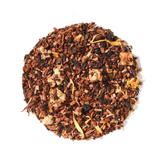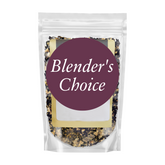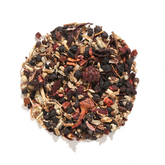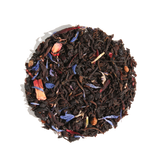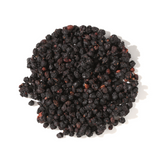Be more flexible. Loosen up. Don't take things so seriously.
Our cultural vernacular is full of phrases related to being more flexible. And if you haven't noticed, most modern health theories show a strong correlation between being physically flexible and having good health and longevity. I'm not aware of any research proving this, but I believe that if we are also emotionally flexible, the results are the same; in my experience, people who are more emotionally flexible are happier in life and get better results.

What Does it Mean to Be Flexible?
Let's start with my favorite resource -- the dictionary:
flex·i·ble - fleksəb(ə)l - adjective: capable of bending easily without breaking. able to be easily modified to respond to altered circumstances or conditions. ready and able to change and to adapt to different circumstances
I think this really lands us right where we need to be in this conversation on why we need to be flexible, and what it means to us. Life is FULL of so many things beyond our control -- how about the weather, let alone other people's decisions and behaviors. When it comes to "different circumstances" or "altered circumstances or conditions," that pretty much defines life; our lives are literally a chain of varying circumstances. Some of those circumstances are less than desirable; some are downright cruel.
Being flexible is just like the definition says: not letting the cruel and difficult circumstances break us. Life can knock us off track, slow us down, force us to take pause. If we develop flexibility, we can keep going, no matter what.

3 Ways to Be More Flexible
Ok, so we know what it means to be flexible, and why. How do we be more flexible? Here are three things to take under consideration. It's important to realize that flexibility is a mindset, so these things are practices that you should incorporate into your daily awareness.
1. Acknowledge that you aren't in control of other people's decisions, and you can only see their outsides.
Many of the situations in life that cause us to tense up are often the result of what other people do. It's important to remind ourselves that we can influence, but cannot control, what other people do, and we don't know exactly what's going on from their perspective. Most people aren't truly horrible and vile; they might not know the impact of what they're doing, or they might just be going through something unimaginably difficult. Don't attribute bad behavior to malice when it can be attributed to adjacent circumstance. The next time you bump into some bad behavior, start with this: "Maybe this person is dealing with something really horrible I know nothing about. This isn't about me. With this awareness, how can I move forward with kindness?" That isn't a license to let someone step all over you, but you can definitely flex to the circumstance.
2. Affirm to yourself what's important to you.
We've all been through chapters in our life that presented seemingly insurmountable challenges. And, I think we can all agree, some of these chapters presented gifts of professional growth. Flexible people know that these storms pass -- and the thing that gets us through storms is staying focused on our priorities and what is important. This might be your children or your significant other, your purpose or passion or calling in life. No matter what it is, the things that are truly important to you help you keep moving. If "x" or "y" is the most important thing in your life, you'd bend in any direction necessary for that thing, right?
3. Flex that gratitude muscle.
Last but not least is gratitude. Our brains are literally wired to focus on the negative instead of the positive; in our cavemen days a noise in the woods could kill us, hence we are wired to assume it is a tiger instead of a mouse. Unfortunately, our brains have not evolved past this wiring, but you can use your advanced brain processing to get you past this, and gratitude is the easiest muscle to flex. Every day you should be making a list of what you are grateful for. If something good happens -- a customer is kind to you, a colleague sends you an email about how awesome you are -- give yourself 20 seconds to soak up that feedback. Throw a gratitude dinner and spread the word. Gratefulness = flexibility.

![Spring Break Tea Variety Pack [6-Pack Variety of Flavors]](http://www.plumdeluxe.com/cdn/shop/files/spring-break-pack.jpg?v=1740682266&width=165)

